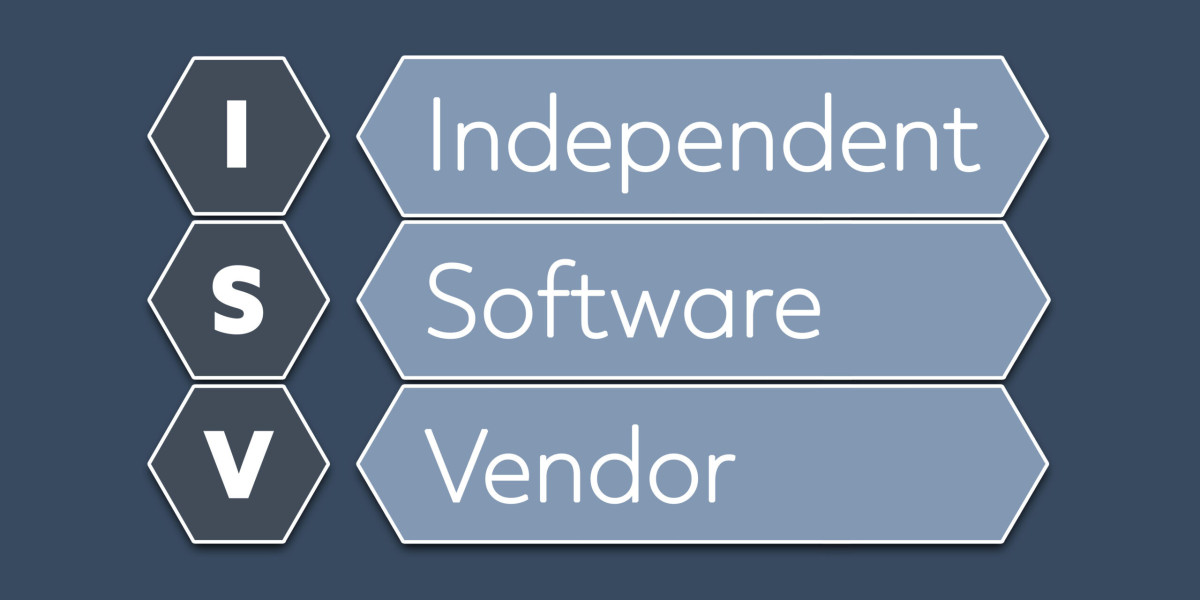Independent Software Vendors (ISVs) are a pivotal component of the global software and technology ecosystem, playing a crucial role in delivering specialized, innovative, and scalable software solutions across various industries. Unlike traditional software companies that often produce software solely for internal use or offer limited product suites, ISVs focus on developing software that is intended for mass distribution or integration with third-party platforms. These vendors create applications that run on hardware or software platforms provided by other companies, such as Microsoft, Apple, Google, or Amazon Web Services (AWS). From enterprise resource planning (ERP) tools and customer relationship management (CRM) systems to sector-specific applications in healthcare, finance, education, and manufacturing, ISVs offer tailored solutions that enhance operational efficiency and business performance. Their unique value lies in their agility and specialization, enabling them to respond swiftly to niche market demands and provide targeted functionalities that broader platforms may lack.
In recent years, the role of ISVs has expanded significantly due to the rise of cloud computing, software-as-a-service (SaaS) models, and digital transformation initiatives across industries. Cloud platforms such as Microsoft Azure, AWS, and Google Cloud have created ecosystems that support ISVs through marketplace integrations, development tools, and co-selling programs. These collaborations not only empower ISVs to reach broader audiences but also allow customers to benefit from seamlessly integrated solutions that complement their existing infrastructure. Moreover, as businesses increasingly migrate their operations to the cloud, ISVs are at the forefront of delivering flexible, scalable, and cost-effective software services. The SaaS model, in particular, has enabled ISVs to shift from one-time license fees to recurring revenue streams, enhancing profitability and customer retention. This shift also encourages continuous updates and customer engagement, ensuring software solutions remain relevant in rapidly changing environments.
Another major trend influencing ISVs is the growing demand for industry-specific software. Organizations today seek solutions tailored to their unique workflows, regulatory requirements, and customer experiences. ISVs, with their domain expertise and innovation-driven approach, are ideally positioned to meet these needs. Additionally, the integration of emerging technologies such as artificial intelligence (AI), machine learning (ML), the Internet of Things (IoT), and blockchain into software applications has further enhanced the capabilities of ISVs, allowing them to offer cutting-edge tools that solve complex business challenges. As digital ecosystems become more interconnected, ISVs are also playing a key role in enabling interoperability between different systems and platforms, ensuring smooth data flow and process automation across enterprises.
Source - https://www.marketresearchfuture.com/reports/independent-software-vendors-market-10305
The future of Independent Software Vendors looks promising, fueled by continuous advancements in technology and increasing demand for customized, scalable solutions. To remain competitive, ISVs must embrace agile development practices, invest in cybersecurity, and build strategic partnerships with major platform providers. By doing so, they can sustain innovation, expand their market presence, and drive digital transformation across sectors. In essence, ISVs not only enrich the technology landscape with their diverse offerings but also empower organizations worldwide to operate more efficiently, adapt to change, and achieve sustainable growth in a digital-first world.





